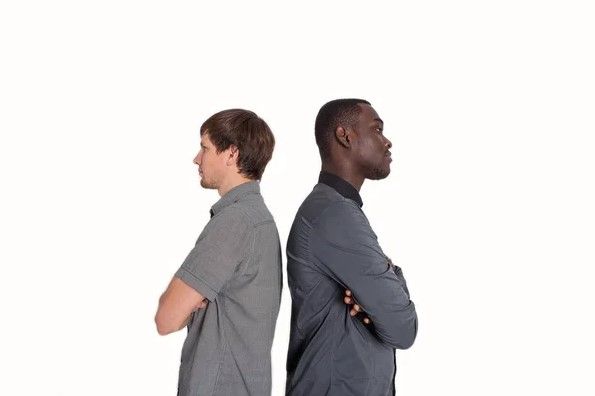Have you ever found yourself in a situation where something felt distinctly “off,” even though you couldn’t quite put your finger on why? This feeling often arises from a clash of cultural expectations. While we all carry our culture with us, shaping our thoughts and behaviors, it’s easy to forget the profound impact it has until we encounter someone with a drastically different background. This underlying influence can lead to misunderstandings, not just in everyday interactions, but also within fields like psychology. Let’s delve into how our ingrained cultural assumptions can subtly skew our understanding of the human experience.
Overview
- First, we’ll examine the concept of cultural perspectives and how diverse societies view each other.
- Then, we’ll analyze how such cultural perspectives affect our actions and behaviors.
- Next, we’ll consider the concept of tolerance and open mindedness and how those are essential in a global society.
- Moving along, we’ll focus on how to learn about different cultures and how to get a broader view of the world.
- Finally, we’ll discuss how different cultures can learn to live with each other and how to appreciate their differences.
Cultural Perspectives
Cultural perspectives are based on societal values, traditions, and beliefs. Cultural perspectives are the ways that people from different cultures see the world. A culture is a group of people with shared values, beliefs, and behaviors. Culture includes things like language, religion, food, clothing, and art.
Cultural perspectives can be different for different groups of people within the same country or even the same city. For example, people in different neighborhoods may have different cultural perspectives on things like education, work, and family.
It is important to understand different cultural perspectives so that we can be more respectful of other people and their cultures. It can also help us to avoid misunderstandings and conflicts.
Example: The case of Maria and her cultural differences
Maria is an immigrant from a small village in Argentina. She has been living in the United States for five years now, and she is still adjusting to the different culture. One of the things that Maria finds most difficult is the way that Americans talk about money. In Argentina, it is considered impolite to talk about money in public. However, in the United States, people often talk about their salaries, their investments, and their debts. Maria finds this very uncomfortable, and she tries to avoid talking about money with her American friends.
Maria is not alone in her struggle to adjust to a new culture. Many immigrants find it difficult to adjust to the different values, beliefs, and behaviors of their new home. It takes time to learn about a new culture and to understand how it works. However, it is important to try to understand different cultures so that we can be more respectful of other people and their cultures.
How Cultural Perspectives Affect Our Actions and Behaviors
Cultural perspectives influence our behaviors and actions on a daily basis. Our cultural environment plays a significant role in shaping our individual values, belief systems, and social behaviors.
Example: How do you greet a friend?
In some cultures, it is common to hug and kiss friends. In other cultures, it is more common to shake hands or simply say hello. How you greet a friend depends on your culture.
Tolerance and Open-Mindedness: Essential in a Global Society
Tolerance is the ability to accept and respect differences in others. Open-mindedness is the willingness to consider different perspectives and ideas. In a global society, tolerance and open-mindedness are essential for creating a peaceful and harmonious world.
Learning About Different Cultures: Broadening Our View of the World
One of the best ways to broaden our view of the world is to learn about different cultures. There are many ways to learn about other cultures. We can read books, watch movies, listen to music, travel, or talk to people from different cultures. When we learn about other cultures, we can start to understand their values, beliefs, and behaviors. This can help us to be more respectful of other people and their cultures.
Living Together: Appreciating Our Differences
In order to live together peacefully, it is important to appreciate our differences. We should not try to force everyone to be the same. Instead, we should celebrate the diversity of our world. When we appreciate our differences, we can learn from each other and create a more vibrant and harmonious world.
It’s crucial to remember that valuing our own culture doesn’t inherently mean dismissing or devaluing others. It’s about recognizing and respecting the richness and diversity of human experience. A healthy connection to our cultural roots can strengthen our sense of self, but it shouldn’t blind us to the validity of other perspectives. The world is a tapestry woven from countless cultural threads, and understanding them allows us to appreciate the intricate beauty of the whole.
